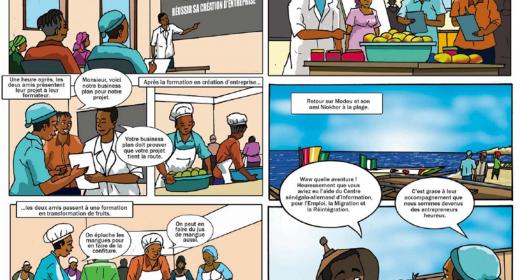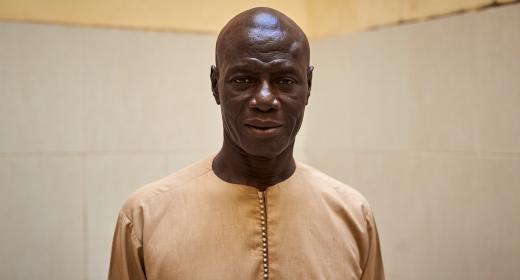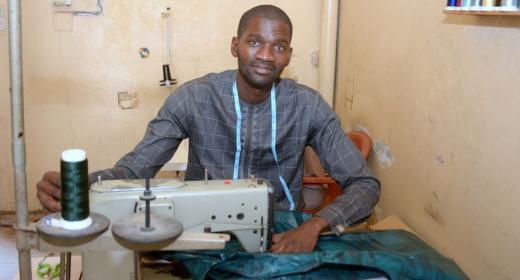Anyone looking for career prospects in Senegal can get different kinds of help from the Senegalese-German Centre for Jobs, Migration and Reintegration (CSAEM). One option is to take part in a course. In March and April 2022, for example, there were 13 different courses organised by the CSAEM in Casamance in southern Senegal. These courses cover subjects such as entrepreneurship, IT, digital marketing, local food processing, vegetable growing and tree cultivation. The courses last five or ten days and are intended for returnees and the local population.
Benefit from career opportunities in Casamance
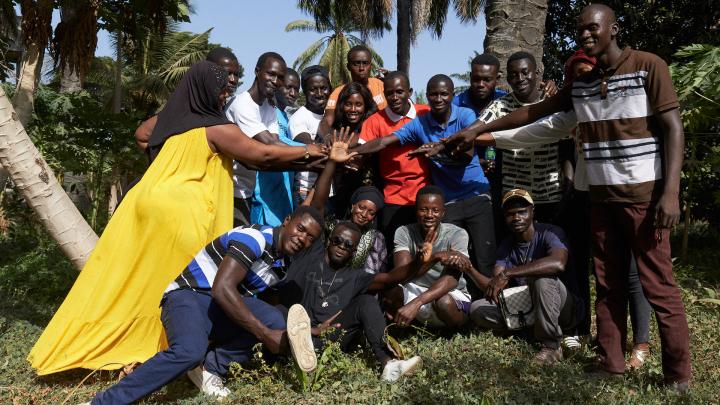
Benefit from career opportunities in Casamance
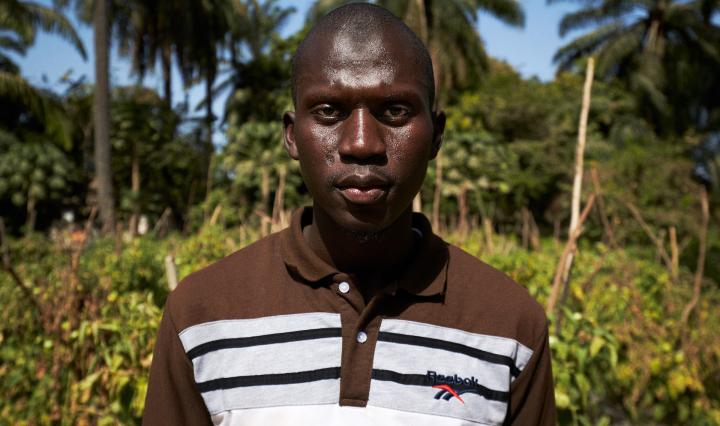
Experts run these courses to provide both theoretical and practical knowledge. This service is very popular: in March, around 245 participants from different backgrounds came together at Ziguinchor in Casamance. The course on fruit and vegetable growing is particularly popular. “Fruit and vegetable growing provides a good income in the Casamance region, because the climate and soil conditions here are right for agriculture”, explains Youssouf Sambou.
Youssouf Sambou teaches at the technical high school in Kédougou. He uses the course to teach the basic techniques: “I show them how to grow and handle food in a way that's healthy and safe.” He wants to raise awareness that it's harmful to overuse chemicals on farms. The lives of farmers and consumers can be at risk if they are used too much or incorrectly.
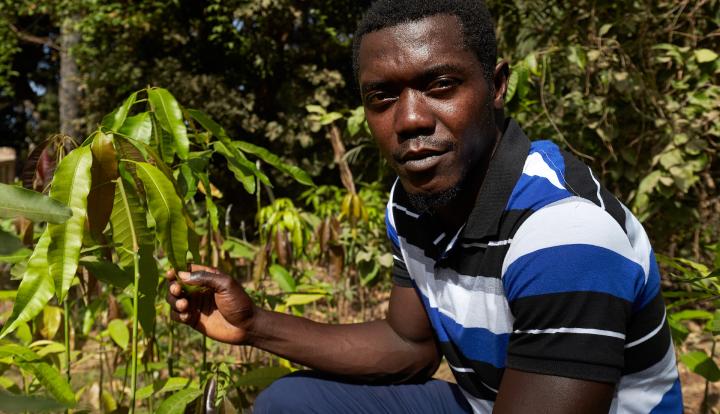
Educating and sharing knowledge
One of the participants in the fruit and vegetable growing course is Appolinaire. He had to interrupt his management strategy training for family reasons. He took a low-paid job on a farm to be able to take care of his parents on the side. This meant he gathered experience in growing peppers, papayas, tomatoes, cucumbers and other vegetables. He took part in the training course to deepen his knowledge and further his education. “I had no idea about safety in agriculture before this course, especially not about the use of chemicals. I’m only just realising that I until now was constantly exposed to dangerous products”, says the 30-year-old.
Appolinaire wants to use what he has learned when he returns to the farm: “I’ll share all the information with my colleagues. And I’ll wear equipment that protects me from toxic and dangerous products”. Appolinaire also plans to plant a vegetable garden at home to provide for his family. “I now know the vegetables that you can grow even out of season: varieties that are more productive. I’ve also learnt which vegetables are in demand on the market and when.”
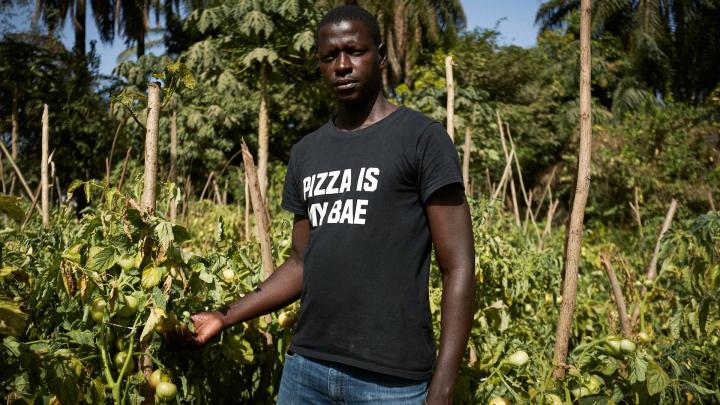
Modernising the family business
Qualified technician Pape is also pleased with his knowledge from the course. He now wants to combine this with his experience in electrical engineering to help modernise his father’s farmyard. “I now understand the instructions on the product packaging and their danger level. From now on I’ll be much more careful when I’m using chemicals. And I’ll use organic compost instead of chemicals whenever I can”, says the 37-year-old. Pape recently planted 120 lemon and orange trees in the family garden. He wants this to make life easier for future generations of the family. Here too the training has benefited him: “I’ve learned how to properly water and treat my trees.”
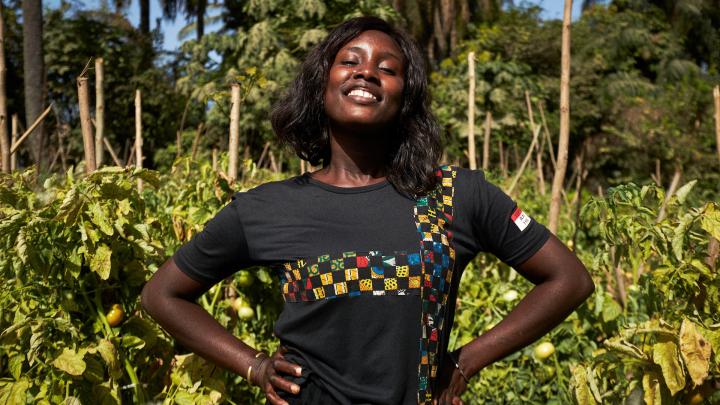
Vegetables for home requirements and to sell
Diodio is a qualified health professional. She assists the medical staff at Ziguinchor Regional Hospital. Although this 24-year-old doesn’t have a regular income. She longs for a permanent position in a public or private health facility. Until then she needs an alternative way to earn a living. She now wants to grow vegetables in her family garden. “I’ve learned a lot. I’m going to use this experience to grow vegetables and contribute to the family income.”
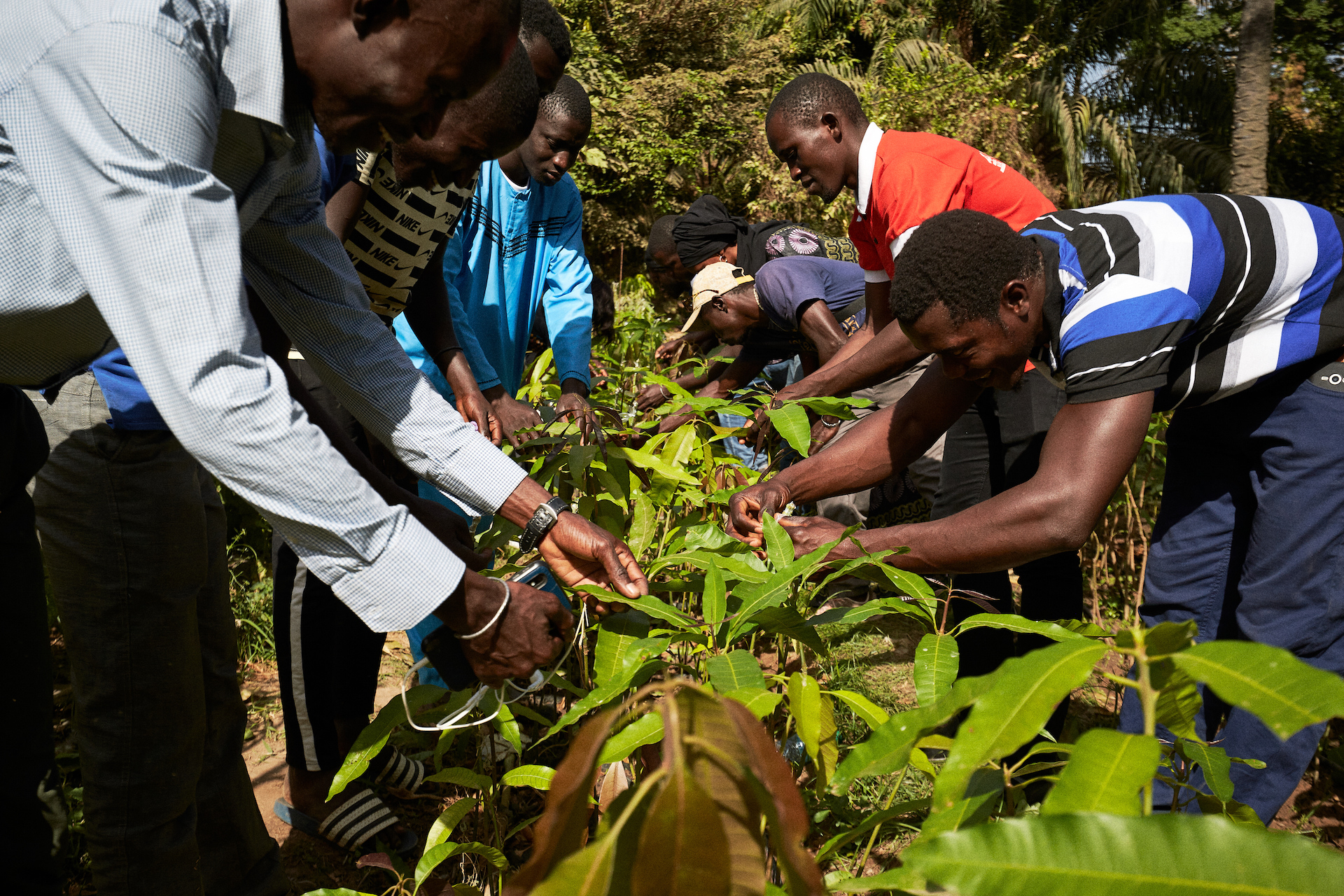

The sectors in which the CSAEM organises courses are based on requests from partners:
- At the request of the government agency responsible for southern Senegal Youth Employment Agency (ANPEJ), courses for 180 young people were provided in March and April 2022 in the digital marketing, food and local product processing, IT, and entrepreneurship sectors.
- On behalf of the International Organization for Migration (IOM), in March 2022 there were 40 young people trained in vegetable growing and poultry farming.
- There were also 25 young people trained in administrative and financial management and animation techniques on behalf of the regional Kabonketoor women-led conflict resolution group.
As of: 07/2022

